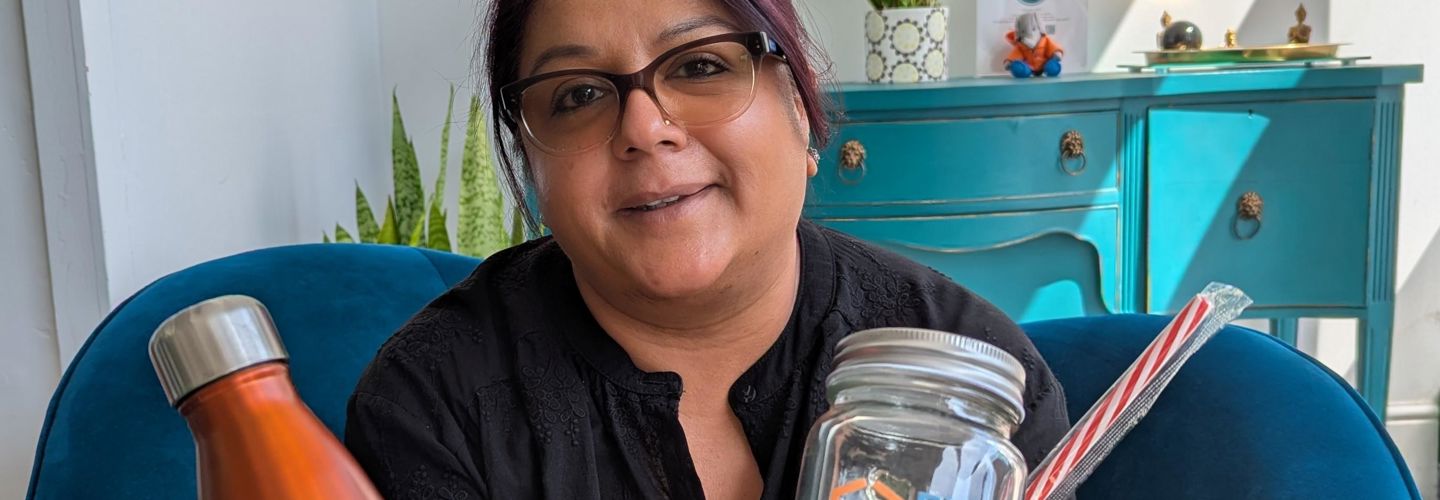
Staying Hydrated in Summer: A Vital Guide for Older Adults
Published: 29/05/2025
We have been enjoying consistent sunny and warm days recently. That reminds us to talk about the importance of hydration. As temperatures rise, it's especially important for older adults to stay well-hydrated. Dehydration can lead to a range of health issues, but with simple daily habits, you can stay safe, active, and well during the summer months.
At Right at Home Reigate and Crawley, we regularly support older people across Reigate, Redhill, Horley, Crawley, Oxted, Godstone and surrounding areas, helping them enjoy improved wellbeing through thoughtful, personalised care. Hydration plays a key part in staying healthy, especially for seniors.
Why Hydration Matters More as We Age
As we age, the body’s ability to conserve water declines, and the sense of thirst may not always reflect our actual need for fluids. This makes older adults more susceptible to dehydration, particularly in warmer weather.
Staying hydrated provides a number of essential health benefits:
Improved Digestion
Water helps with the smooth movement of food through the digestive tract and supports the absorption of nutrients. Hydration can ease constipation, a common concern among older adults.
Better Muscle Function and Stamina
Fluids are essential for transporting nutrients to muscles, improving their function and reducing cramps. Proper hydration supports physical activity and helps older adults maintain independence.
Sharper Cognition and Mental Alertness
Even mild dehydration can affect memory, mood, and concentration. Staying hydrated supports brain function, helping you stay focused and mentally sharp throughout the day.
Better Quality Sleep
Hydration contributes to a good night’s sleep by preventing muscle cramps and helping regulate body temperature. It also reduces the need to wake during the night due to thirst or discomfort.
Lower Risk of Infections
Drinking enough water helps the kidneys and immune system function properly, reducing the risk of urinary tract infections and other illnesses, especially in older age.
How Much Should You Drink?
According to the NHS, older adults should aim to drink 6–8 glasses of fluids a day, equivalent to about 1.5 to 2 litres. During hot weather or increased activity, this should be increased slightly. A simple way to check hydration is to observe urine colour – pale yellow usually indicates good hydration.
Practical Tips to Stay Hydrated
-
Keep a drink within reach at all times – using a favourite glass or bottle can help make it a habit.
-
Eat water-rich foods like watermelon, cucumber, tomatoes, and oranges to boost hydration.
-
Set reminders or use visual cues if you tend to forget to drink.
-
Flavour water naturally with slices of fruit or herbs if you find plain water boring.
-
Track your intake using a notepad or hydration app.
Watch Your Caffeine Intake
Caffeine, particularly in tea and coffee, can act as a mild diuretic and disturb sleep if consumed in large amounts – especially later in the day. Older adults metabolise caffeine more slowly, which can lead to poor sleep and nighttime awakenings. Try decaffeinated tea or coffee, or caffeine-free herbal alternatives, especially after 4pm, to support both hydration and better sleep.
How We Help at Right at Home Reigate and Crawley
Our CareGivers are trained to recognise early signs of dehydration and gently encourage regular fluid intake throughout the day. As part of our personalised care services, we help clients stay safe, comfortable, and well—especially during the hotter summer months.
Whether you're receiving help with meal preparation, medication support, or simply enjoying companionship, we always promote wellbeing, dignity, and healthy routines—hydration included.
To learn more about how we can support you or your loved one this summer, visit Right at Home Reigate and Crawley or call our friendly team today on 01737 906012
